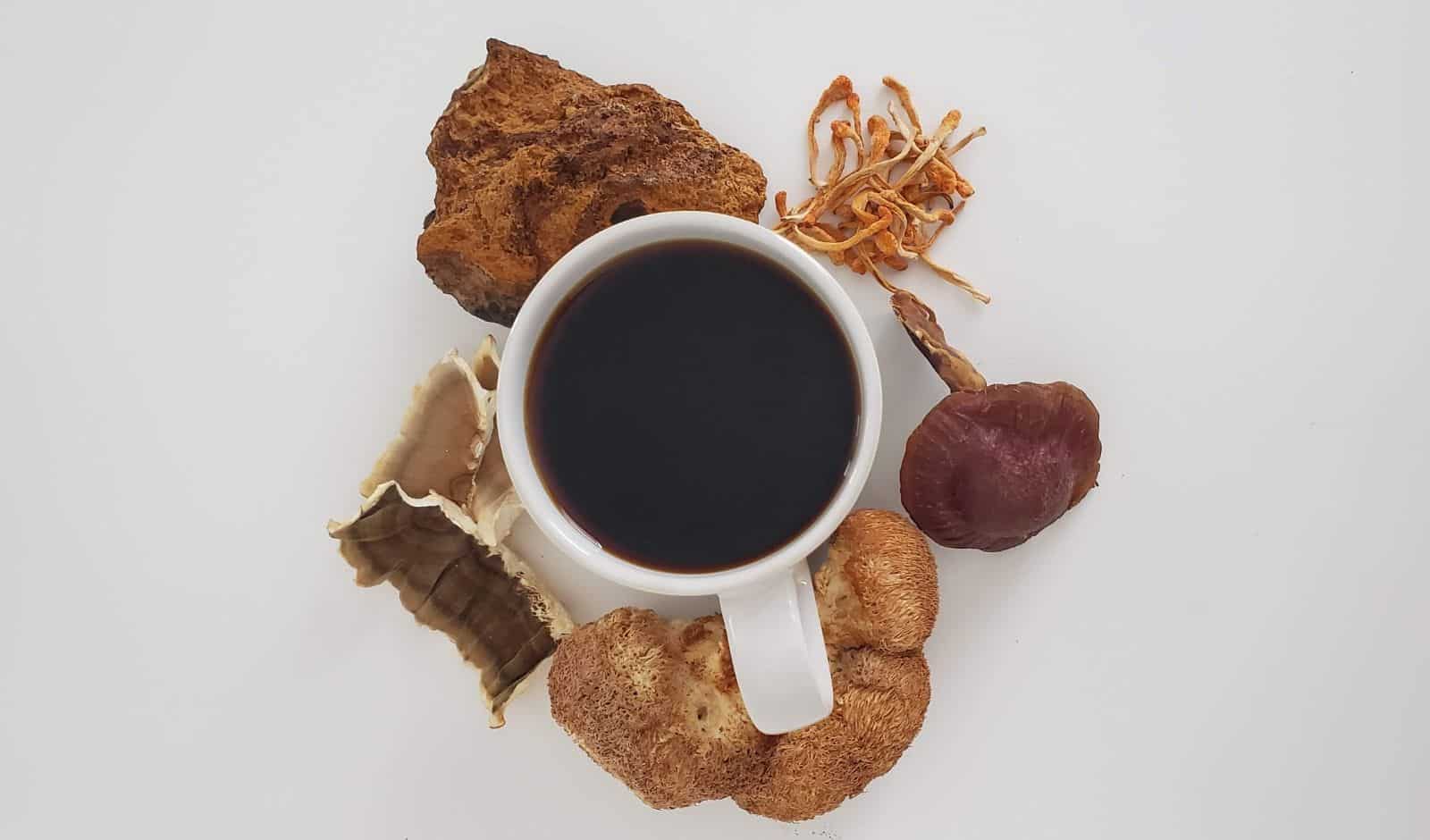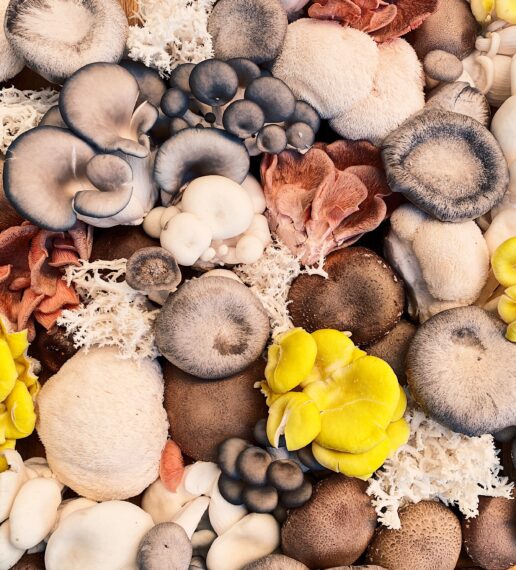This Is Why Mushrooms Support Your Immune System
Mushrooms really are magical. Not just in how they grow, but in what they can do for our health and overall wellbeing.
For a species to be considered a “Medicinal Mushroom” however, is a very high bar to pass, and out of the tens of thousands of species of fungi around the world, only a select few hold the designation.
Some of these mushrooms have even been around for thousands of years, standing the test of time for their viability as a medicine.
These mushrooms contain lots of interesting compounds, and are responsible for many different functional benefits- but in this article I wanted to specifically talk about the one unifying factor shared by all of most all medicinal mushrooms- which is their ability to support and modulate our immune systems*.
What Makes A Mushroom
Before understanding how mushrooms support our immune system, we need to first understand what mushrooms actually are.
Believe it or not, in a metabolic sense, mushrooms are actually more similar to humans than to plants.
In other words, unlike plants (which take in carbon dioxide and give off oxygen) mushrooms take in oxygen and give off CO2.
In other words, they breathe, much like humans do.

Structurally, however, mushrooms are more similar to plants than to animals, in that they have rigid cell walls made from “long chain poly-saccharides”, or in other words, cell walls that are made from long chains of connected carbohydrate molecules.
These polysaccharides can be quite complex, and there are lots of different ways that the parts of the chain can be connected together.
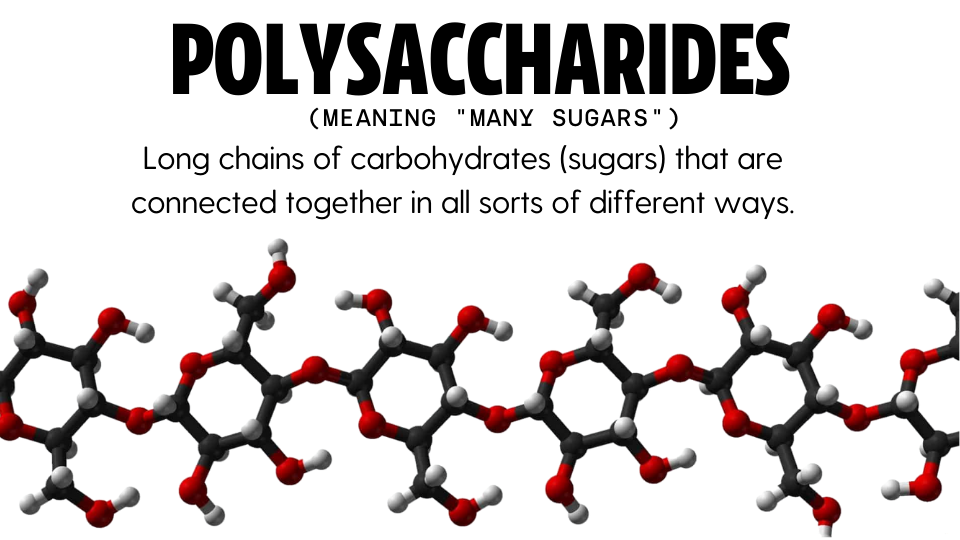
One way these connections can be classified is by having either an “alpha linkage” or a “beta-linkage”.
Our bodies were designed to be able to digest and break down “alpha linked” polysaccharides which are found in simple starches like potatoes, rice and wheat.
The cell walls of mushrooms, however, are made up of “beta-linked” polysaccharides, otherwise known as beta-glucans.
These beta-glucans are a special type of polysaccharide that have a significant impact on the immune system – and the fact that they form an integral part of mushroom cell walls explains the broad immunomodulatory effect that mushrooms have on our bodies*.
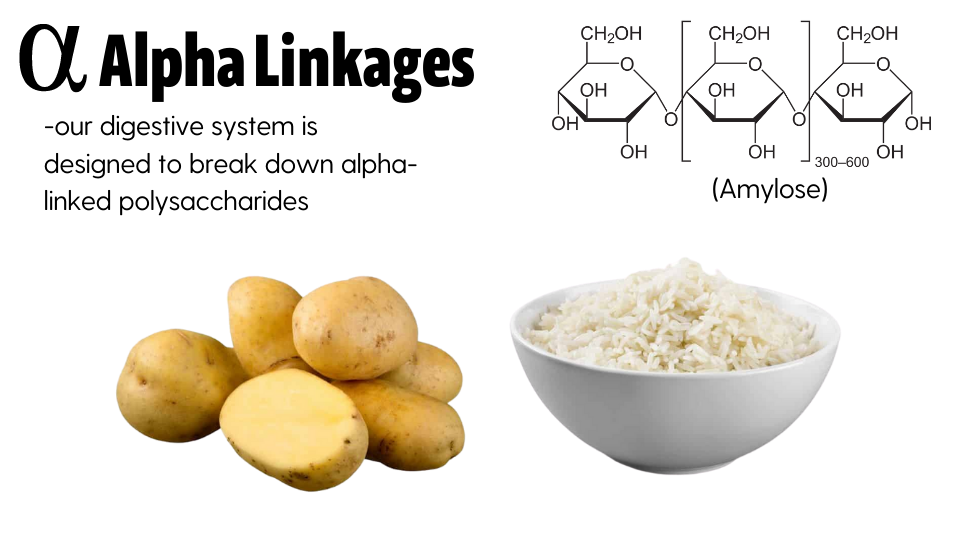
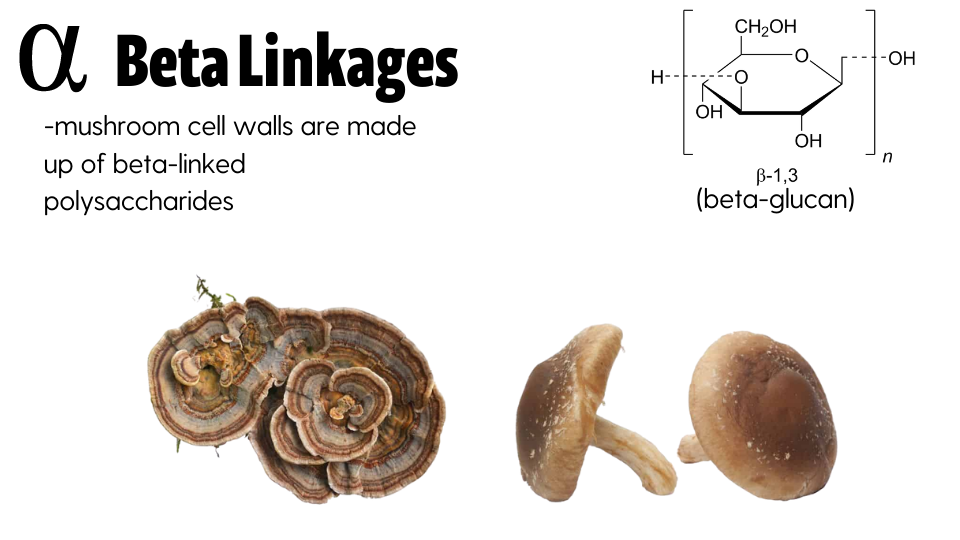
Of course, mushrooms are made of more than just polysaccharides.
In fact, different mushrooms contain a whole host of different pharmacologically active compounds, like proteins, triterpenes, phenols, sterols, statins and more.
But the one factor that unites them all are these special polysaccharides, the beta glucans, the special class of molecules that are responsible for supporting our immune system*.
Of course, these fungal beta-glucans are not all alike. In fact, they are incredibly diverse and can vary in shape, size and configuration depending on the species of mushrooms that they come from.
This is why different types of mushrooms can be used for different medicinal purposes.
So you might be wondering, how does this affect our immune systems?
In short, the cells in the human immune system are hard wired to respond to these fungal beta-glucans. This is no doubt a result in our immune system evolving over time to be able to fight off fungal pathogens.
The binding of fungal polysaccharides to the key immune cells in our bodies leads to an increase in cyto-toxic activity- meaning our immune cells can better target and destroy pathogens.
Further, fungal polysaccharides initiate a widespread activation of the immune system, which is why mushroom polysaccharides are known as “biological response modifiers”.
In other words, mushrooms have shown the ability to both calm an overactive immune system, and kick an under-active immune system into gear*.
How They Are Prepared Matters
Keep in mind that not all mushroom products are created equal.
There are lots of different ways that mushrooms can be grown and processed for medicinal use, which can make a huge difference in terms of the end compounds they contain and how they are able to affect our immune systems*.
Most medicinal mushroom products will be made from either mycelium on grain, whole fruiting body, or a combination of both.
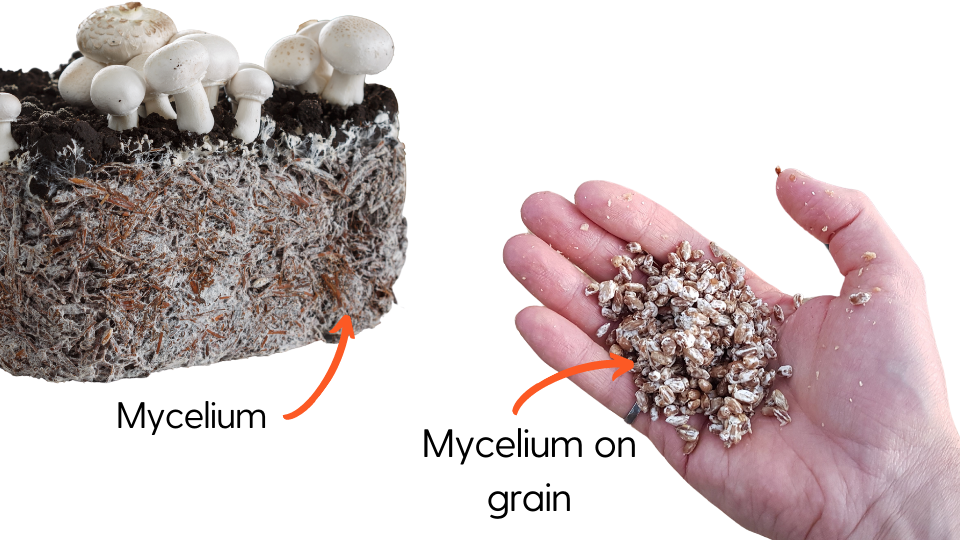
Mycelium on grain is exactly what it sounds like. It is made from mushroom mycelium, which can kind of be thought of as the “roots” of the mushroom, grown out on sterile cereal grain, like brown rice or oats. Supplements made from mycelium on grain contain high levels of starch, and low levels of fungal polysaccharides. This is the result of a high amount of grain remaining in the final product.
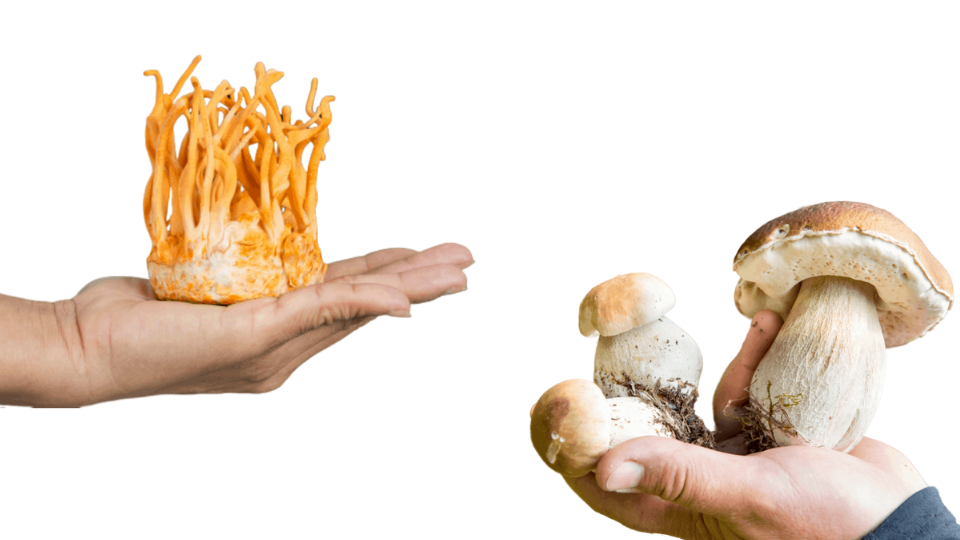
Supplements can also be made from “whole fruiting body” which is the part of the mushroom that grows out of the ground. This is what most people would consider a “mushroom”, and what has been traditionally used for medicinal purposes. Mushroom products made from whole fruiting body contain high levels of immune supporting fungal polysaccharides.
There are also some supplements that use a combination of both, which are sometimes referred to as “full spectrum”. Usually, this is myceliated grain that has also formed some small fruiting bodies in the bag the grain was growing in. The result of these supplements is still something that would be comparatively low in fungal polysaccharides.
Of course, how the mushrooms are processed matters a lot as well. Mushroom products can be made via hot water extraction, alcohol extraction, dual extraction (meaning hot water and alcohol extraction) or by simply drying and powdering the fruiting body or the myceliated grain.
Since the beneficial compounds are locked inside the cell walls of the mushroom, some extraction is necessary in order to get the full benefit.
Fungal beta-glucans, the compounds that are most responsible for the immunomodulating effect of mushrooms, are water soluble, which means they are pulled out of the mushroom and made bioavailable through a hot water extraction process.
Of the mushroom polysaccharides reported to have immunological activity, the vast majority of them are found in the fruiting body, not in the mycelium.
That’s why, the likely best option for those looking for immune support from mushrooms should look for mushroom products made from whole fruiting body that have been hot water extracted.
These can be found in powder, tincture, or capsule form.
Intuitively, this makes a lot of sense. Medicinal mushrooms have been used for a very long time, and the traditional method of use would be to harvest a wild mushroom fruiting body and make a tea – which can be thought of as a hot water extraction.
Medicinal Mushrooms
There are lots of different mushrooms that people use for immune support, but the most popular are probably Turkey Tail and Chaga.
If you want to learn more about medicinal mushrooms, and all the amazing functional benefits, check out out our Ultimate Guide To Medicinal Mushrooms.
